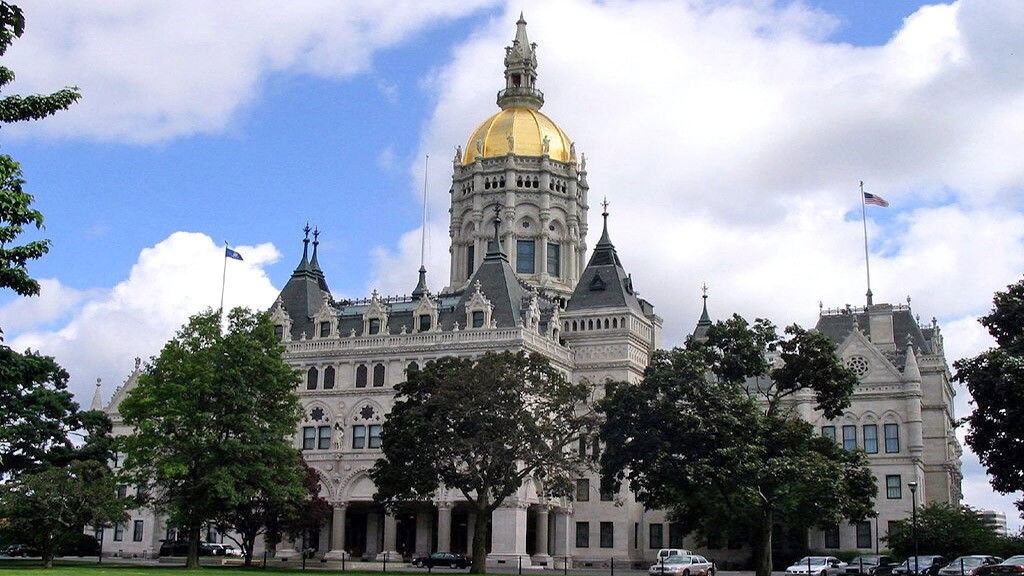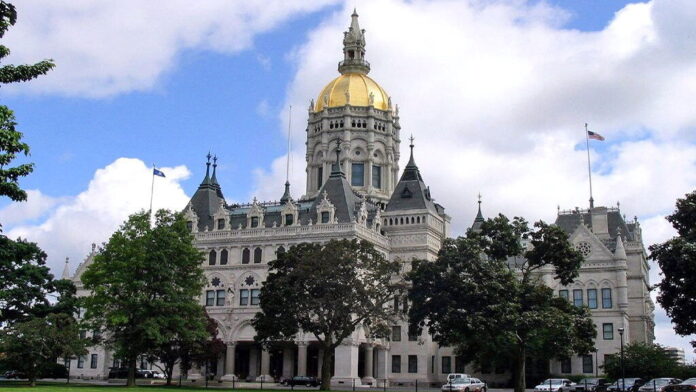
A proposed Connecticut bill aims to ban gambling-related advertising and promotions on public college campuses, sparking debate over student protection and financial implications for universities.
House Bill 5271, introduced by the General Law Committee, seeks to reduce students’ exposure to gambling marketing, particularly those under the legal gambling age. Lawmakers discussed the measure during a public hearing on Wednesday.
Supporters argue that restricting gambling ads would help mitigate problem gambling among young adults.
Paul Tarbox, Director of Public Policy & Communications at the Connecticut Council on Problem Gambling, endorsed the bill, warning that college students—especially males—are vulnerable to gambling addiction.
“Expanding the bill to include restrictions on certain displays on campus-wide internet or communication systems just makes sense from a safety standpoint,” Tarbox said.
However, he cautioned that outright bans on gambling apps could backfire by pushing students toward unregulated, illegal betting sites.
“If you completely ban access to gambling apps, it’s not necessarily going to stop the behavior. They’re just going to go to illegal, unregulated sites where there are no safety measures like time or money limits,” he added.
State lawmakers echoed concerns over the influence of gambling promotions on students.
Rep. Roland Lemar, D-New Haven, called for increased protections: “Figuring out ways to protect vulnerable students from targeted marketing and advertising is a responsible consideration.”
Rep. David Rutigliano, R-Trumbull, suggested a broader review of gambling ads, stating: “There are certain types of ads we need to examine more closely to determine whether they’re predatory.”
While many see the bill as a safeguard against problem gambling, the University of Connecticut (UConn) warned that restricting gambling sponsorships could harm university finances.
Neal Eskin, UConn’s Executive Associate Athletic Director, objected to provisions that might jeopardize corporate sponsorships managed through Learfield, the university’s multimedia rights holder.
“UConn is categorically against direct solicitation of students by or on behalf of gambling entities,” Eskin wrote in testimony. “However, practices such as displaying the Mohegan Sun logo on the floor of Gampel Pavilion and showcasing logos of Mohegan Sun and the Connecticut Lottery in the arena are industry standards and vital to our financial sustainability.”
Eskin also noted that UConn teams regularly compete in venues such as the XL Center and Mohegan Sun Arena, where sports betting locations are visible to spectators, including students.
“If the intent is to prevent gambling companies from directly soliciting students, we request that be made explicit to preserve institutions’ ability to generate much-needed revenue,” Eskin said.
Original article: https://www.yogonet.com/international/news/2025/02/25/96202-connecticut-lawmakers-consider-ban-on-gambling-ads-at-public-college-campuses















